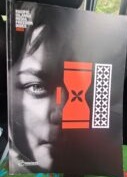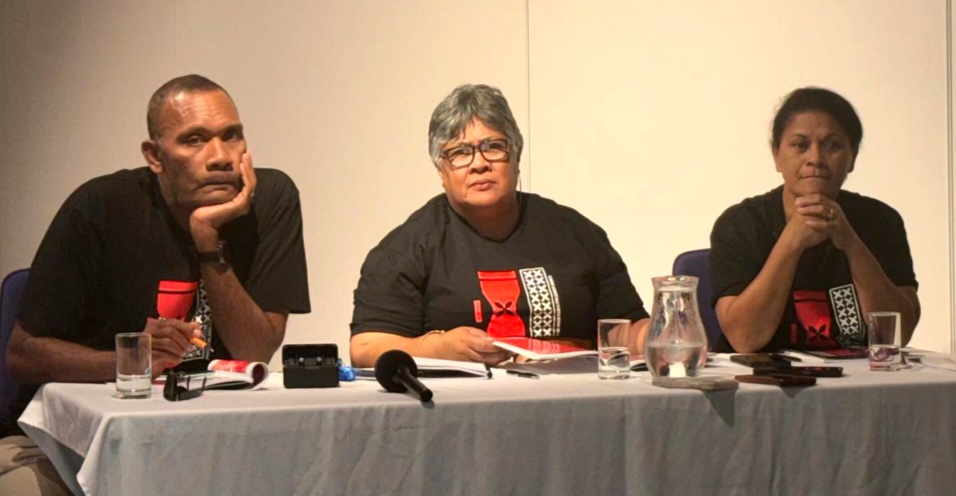Fiji has received a score of 3.5 in the first-ever Pacific Islands Media Freedom Index, which examines the challenges faced by journalists and media outlets across 14 Pacific Island nations.
The report, published by the Pacific Freedom Forum (PFF), highlights major economic and social hurdles that threaten the independence of the media in Fiji and the wider region – with one being the most challenging and five being the least challenging.
Based on surveys of 73 journalists, editors, and media executives, the index provides a snapshot of the state of media freedom in the Pacific. While the sample size may seem small, Robert Iroga, Pacific Freedom Forum Chair says the findings “confirm and reflect a closer fit to our realities than any such reporting has previously revealed.”
One of the main concerns raised in the report is the financial struggle facing many media outlets.
Lack of advertising revenue, high operational costs and financial insecurity are major hurdles, leading to self-censorship and risk of undue influence, the report stated.
The report also highlights social and cultural barriers that make it hard for journalists to do their job. In close-knit Pacific communities, reporters often struggle to cover sensitive topics without facing backlash from family members or local leaders.
Another key issue raised in the report is the harassment faced by female journalists, who often encounter discrimination and mistreatment both online and in their workplaces.

“Women in media are especially vulnerable to harassment, and that’s something we need to address,” the report stresses.
Despite the challenges, the Pacific Media Freedom Index is seen as a critical first step toward tackling these issues. The report provides a foundation for future efforts to strengthen media freedom across the region, with PFF planning to expand its research and improve the survey in future editions.
“This report is for us, by us, and about us,” said PFF co-chair Leilani Reklai. “It’s a starting point to help us understand where we stand and what we need to improve when it comes to media freedom.”
The report also calls on Pacific governments to improve legal protections for journalists and address the financial and social pressures threatening media independence.
For now, the PFF and its partners hope the report will spark important conversations about how to improve media freedom across the Pacific, ensuring that journalists can continue to do their jobs.
The next edition of the index is expected in 2024, with input from a wider range of stakeholders, including civil society groups and academics.
The Pacific Islands media freedom survey, produced through a collaboration between the Pacific Freedom Forum and Internews, covered 14 countries: Cook Islands, Federated States of Micronesia, Fiji, Kiribati, Nauru, Niue, Palau, Papua New Guinea, Republic of Marshall Islands, Samoa, Solomon Islands, Tonga, Tuvalu, and Vanuatu. Most respondents came from Melanesia, with a slight majority being women.
The 50-plus page report was launched this morning at the Scenic Matavai Resort in Niue.









